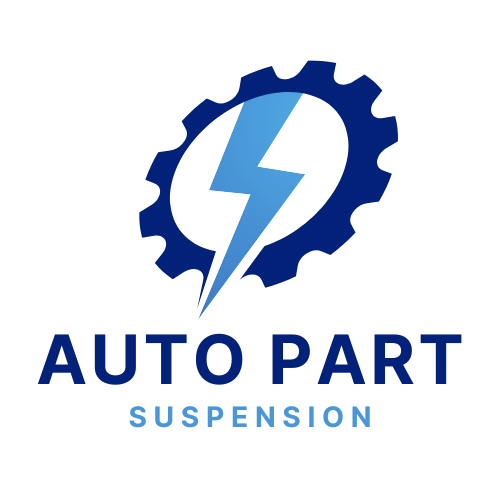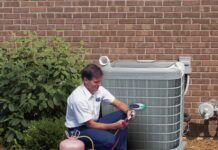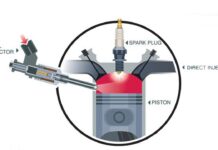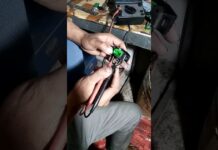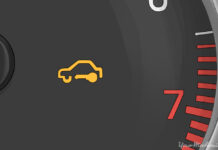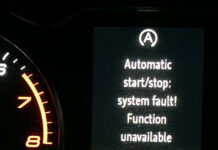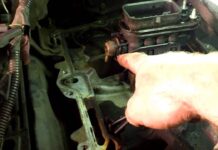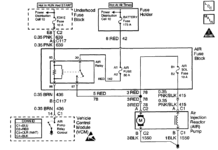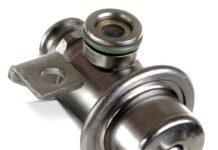Why does your engine not start when you push the gas? Sudden acceleration problems, causes and solutions
Stalling is when your vehicle stops moving. The engine may not be feeding properly. This can often cause stalling or stalling problems. It may also happen if the fuel/air mixture is too rich or lean, and the engine does not start properly.
The throttle opens when you press the accelerator pedal. This causes the engine to take in more air. The ECU should respond by adding fuel.
For vehicles with an injection engine (Speed-Density System) that does not have an air flow sensor, the ECU uses throttle position sensor, manifold absolutepressure sensor, engine speed and air temperature sensor to estimate airflow. This is how the ECU calculates how much fuel should go to the engine.
Speed-Density System motors have a lower risk of vacuum leakage than EFI systems that use airflow sensors.
The ECU will look at any signal coming from an engine’s air flow sensor (Air Mass meter), It also looks at the signals from throttle position sensor and MAP sensors (if any). These systems are sensitive to air leaks.
If any of the sensors’ data are incorrect or missing, the ECU may not be able perform fuel trim. The fuel mixture may be either rich or lean, and the engine might experience interruptions when you push the accelerator pedal.
Low fuel pressure, dirty injectors, or throttle can all be the causes. The exhaust monitors the air-fuel mixture using oxygen sensors. The ECU is able to adjust the air-fuel mixture as necessary. Low fuel pressure and dirty injectors can be compensated for by mixture irregularities. If there is an issue with the throttle, it will tell you.
Possible causes of engine stopping during sudden acceleration
- – Dirty fuel injectors
- – Defective Manifold Absolute pressure Sensor
- – Defective TPS Sensor (Throttle Position Sensor)
- – Air Mass Meter Sensor (MAF Sensor) Defective or Dirty
- Low fuel pressure can be caused by a leaking regulator, weak fuel pumps, low voltage or charging voltage. This could also lead to poor fuel pump operation.
- – Leakage of air (intake manifolds vacuum hoses throttle body, EGR Vale, throttle body)
- – Bad fuel (mixed in with too much alcohol or water).
Causes of Ignition Problems
- – Worn or dirty spark plugs
- – Spark Plug Wires and Sockets Defective
- – Weak ignition coil
- – Wet plug cables
To detect faults, the ECU should be connected to fault detection devices. The fault codes must also be checked. You should replace or check the sensor that is causing the fault. Other troubleshooting options include checking for air leaks and cleaning the EGR Val, checking fuel pressure, density, and spark plug checks.
